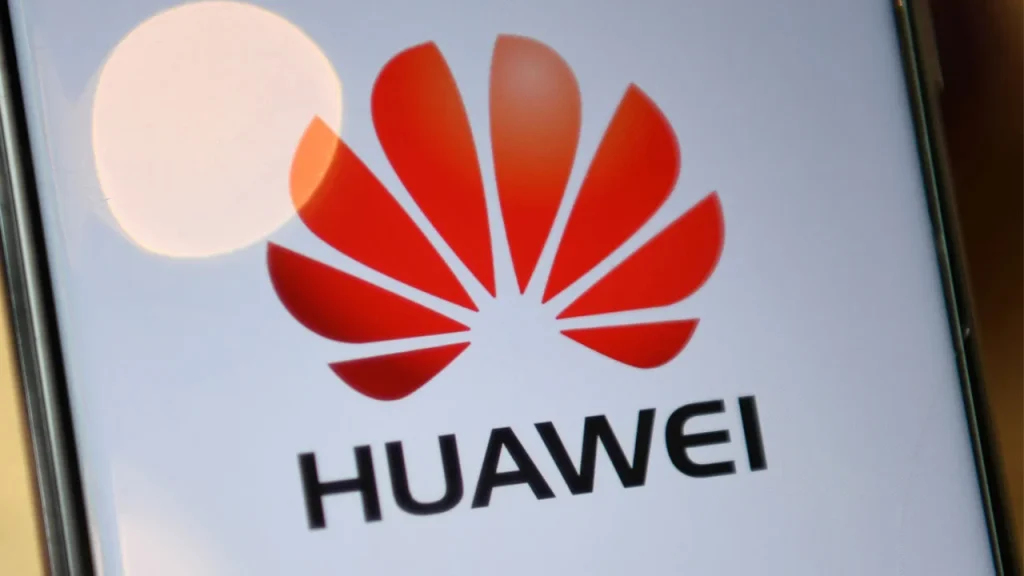Huawei, a leading Chinese technology firm, has partnered with Zhejiang University to create an enhanced version of the DeepSeek artificial intelligence model.
This adaptation, named DeepSeek-R1-Safe, prioritizes safety by effectively blocking conversations on politically charged subjects.
According to Huawei’s announcement on their WeChat platform on Thursday, September 18, 2025, the model achieves near-perfect results in preventing such discussions, ensuring alignment with national guidelines.
Regulatory Alignment in AI
In China, authorities mandate that all AI systems and their applications promote socialist principles and adhere to rigorous speech controls before public deployment.
This requirement shapes the development of domestic large language models, compelling creators to integrate safeguards against controversial or unauthorized topics.
Huawei’s project exemplifies this approach, transforming an open-source foundation into a compliant tool for broader use.
Training and Technical Details
The team utilized 1,000 Ascend AI chips from Huawei to train the model, building upon the DeepSeek R1 open-source framework.
While Zhejiang University, the alma mater of DeepSeek’s creator, contributed expertise, the original DeepSeek team played no direct role in this initiative.
The resulting DeepSeek-R1-Safe maintains robust performance with minimal loss—under 1% degradation—compared to its predecessor, making it suitable for real-world applications.
Performance in Safety Testing
Huawei’s evaluations demonstrated the model’s exceptional defense against common risks, including harmful language, political sensitivities, and prompts for unlawful actions.
It succeeded in 100% of straightforward tests but saw effectiveness fall to 40% when challenges involved disguised scenarios, such as role-playing or encoded queries.
Overall, its security framework scored 83%, surpassing competitors like Alibaba’s Qwen-235B and the standard DeepSeek-R1-671B by 8% to 15% in comparable assessments.
Broader Adoption of Advanced AI
The emergence of DeepSeek’s R1 and V3 variants earlier this year stunned global tech circles with their sophistication, prompting widespread integration and customization within China’s industrial and social sectors.
Domestic chatbots, such as Baidu’s Ernie Bot, routinely sidestep inquiries on internal politics or party-restricted issues, reflecting a common strategy. Huawei’s safe iteration fits into this trend, enhancing reliability for enterprises navigating regulatory landscapes.
Conference Spotlight on Innovation
During the ongoing Huawei Connect event in Shanghai, the company revealed long-term strategies for its chip production and computational advancements, ending a period of discretion on these fronts.
This disclosure underscores Huawei’s push toward self-reliant AI infrastructure amid international constraints.
As China advances its tech ecosystem, models like DeepSeek-R1-Safe highlight the fusion of innovation and oversight, potentially influencing global standards for AI governance.
US Shipbuilders Seek Supreme Court Review of No-Poach Lawsuit





















